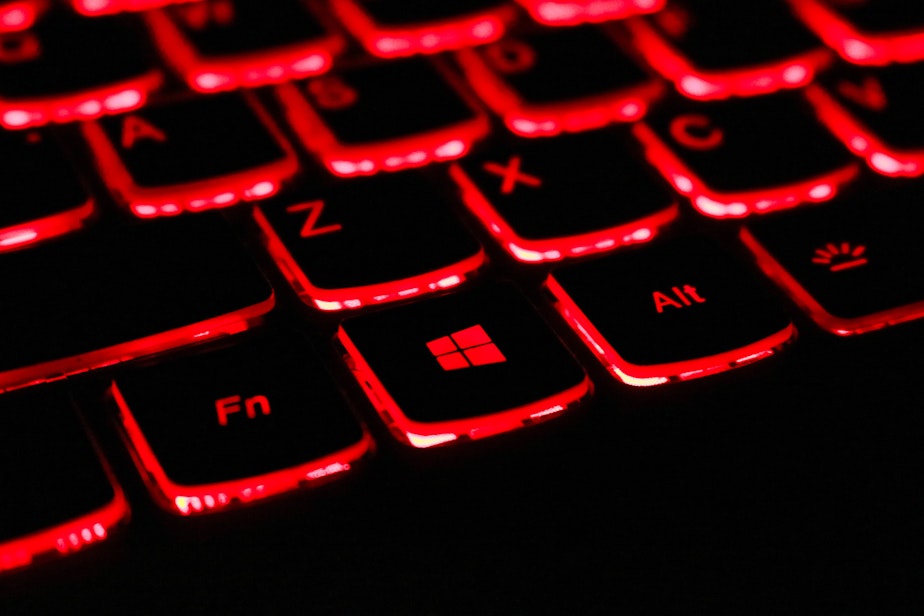Microsoft president describes the digital assault on Ukraine

Hours before the first Russian missiles were launched, starting the invasion of Ukraine, Microsoft noticed increased cyberattacks targeting the country.
In a blog post Monday, Feb. 28, Microsoft President Brad Smith laid out what his company is doing to help Ukrainians withstand cyberattacks following its invasion by Russia.
A new malware package Microsoft dubbed "FoxBlade" targeted the Ukrainian military and other government agencies. Microsoft updated Windows Defender to help users recognize FoxBlade within about 3 hours of its discovery.
Smith said Microsoft continues to share advice about these threats with Ukrainian officials and NATO.
RELATED: Facebook uncovers disinformation and hacking campaigns targeting Ukraine
"These recent and ongoing cyberattacks have been precisely targeted, and we have not seen the use of the indiscriminate malware technology that spread across Ukraine’s economy and beyond its borders in the 2017 NotPetya attack," Smith wrote. "But we remain especially concerned about recent cyberattacks on Ukrainian civilian digital targets, including the financial sector, agriculture sector, emergency response services, humanitarian aid efforts, and energy sector organizations and enterprises."
Sponsored
He notes that some of those are designed to steal data about individuals, including their health data and transportation data, and says such attacks on civilian infrastructure raise serious concerns under the Geneva Conventions, which regulate how civilians must be treated during conflicts.
Furthermore, Microsoft has fought Russian propaganda by making sure it doesn’t pop up in news feeds that appear in the Windows start menu. Smith wrote that the company is "moving swiftly to take new steps to reduce the exposure of Russian state propaganda."
"We are also focused as a company in protecting against state-sponsored disinformation campaigns, which have long been commonplace in times of war. The past few days have seen kinetic warfare accompanied with a well-orchestrated battle ongoing in the information ecosystem where the ammunition is disinformation, undermining truth and sowing seeds of discord and distrust. This requires decisive efforts across the tech sector – both individually by companies and in partnership with others – as well as with governments, academia and civil society."




